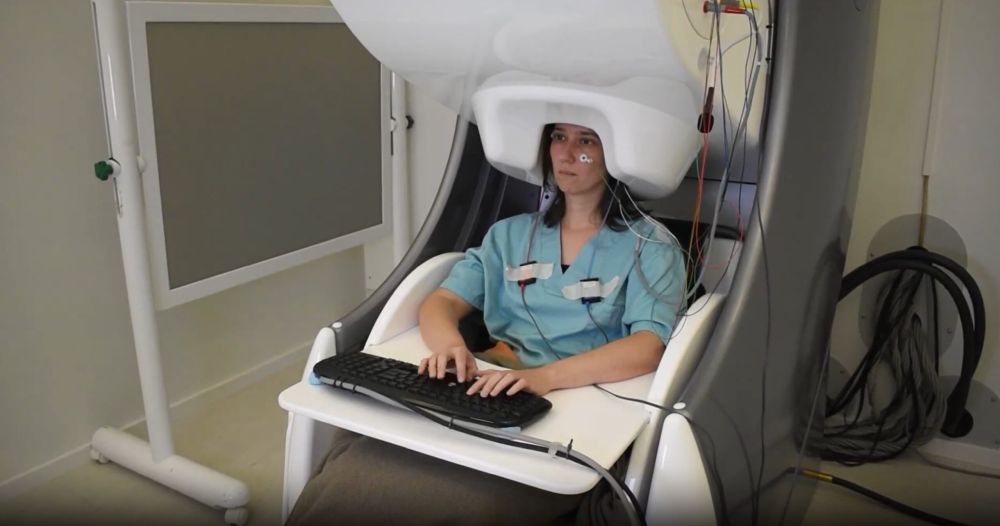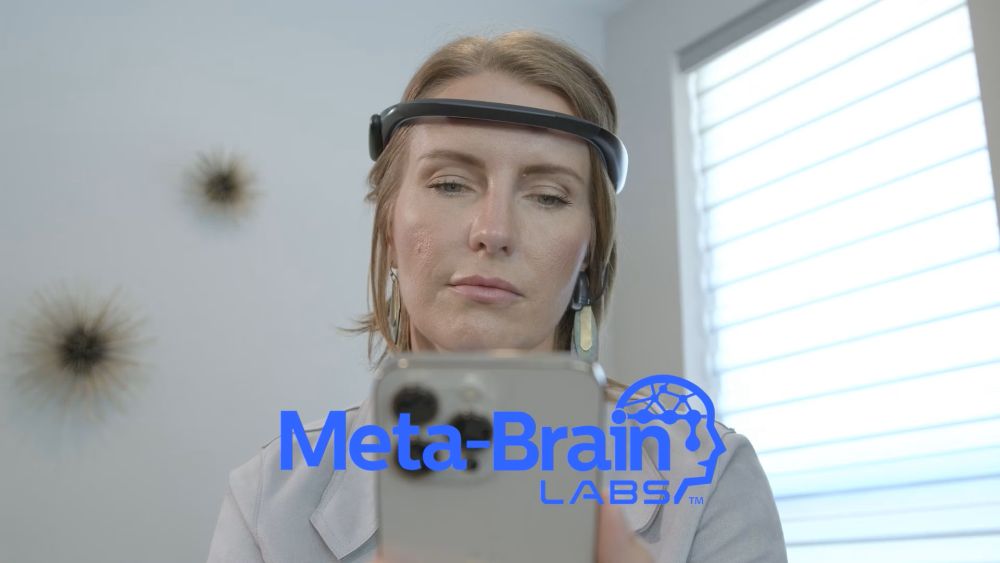Imagine a world where your thoughts could be instantly transformed into text without speaking or moving a muscle. Meta is pioneering this future with their innovative “Brain2Qwerty” system, which uses brain signals to decode language. Employing non-invasive techniques like magnetoencephalography (MEG) and electroencephalography (EEG), this technology promises to revolutionize how we communicate, especially for those with speech or motor disabilities. The system interprets brain activity to predict what text a person is thinking about typing, providing a silent, thought-based communication method.

The accuracy of Brain2Qwerty varies with the technology used. EEG, a more accessible but less accurate method, shows a character error rate of about 67%. On the other hand, MEG, which is more precise but also more cumbersome and expensive, has achieved a much lower character error rate of 32% under optimized conditions. This difference in performance highlights the challenges and trade-offs in making such technology practical and accessible. Researchers are currently working on enhancing the system’s accuracy and reducing the complexity and cost of the hardware, aiming for broader application in everyday life.

Despite the exciting potential, the current form of Brain2Qwerty is more a proof of concept than a ready-to-use technology. The equipment used for MEG is large and costly, making it less feasible for widespread use outside research or highly specialized medical settings. However, the implications are vast; if refined, this technology could lead to new forms of human-computer interaction, assistive technologies for the disabled, and even new ways of interacting in virtual environments.

The journey from laboratory to living room is long, but the strides made by Meta’s research team offer a glimpse into a future where communication is not just about voice or touch but about thought itself. As the technology matures, it could redefine our understanding of human-machine interfaces, pushing the boundaries of what we consider possible in communication and accessibility.

#Brain2Qwerty #Meta #BrainTech #Communication #Accessibility #Innovation
